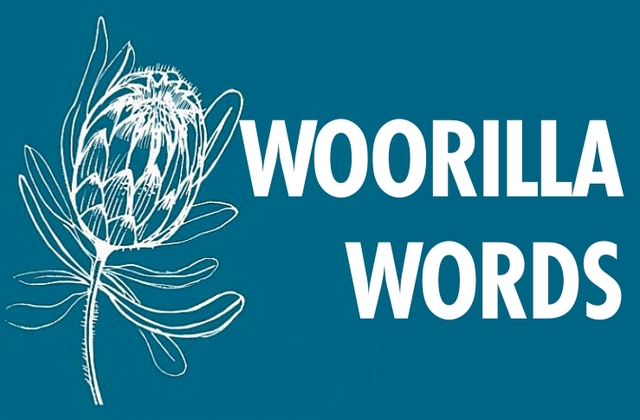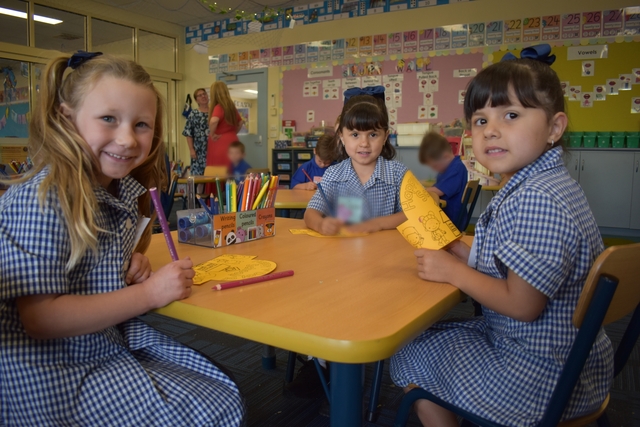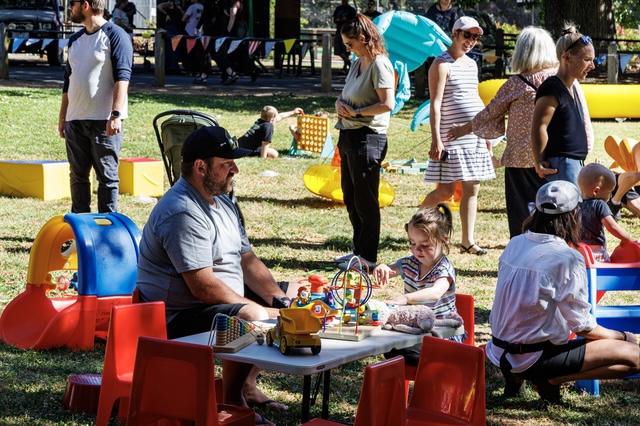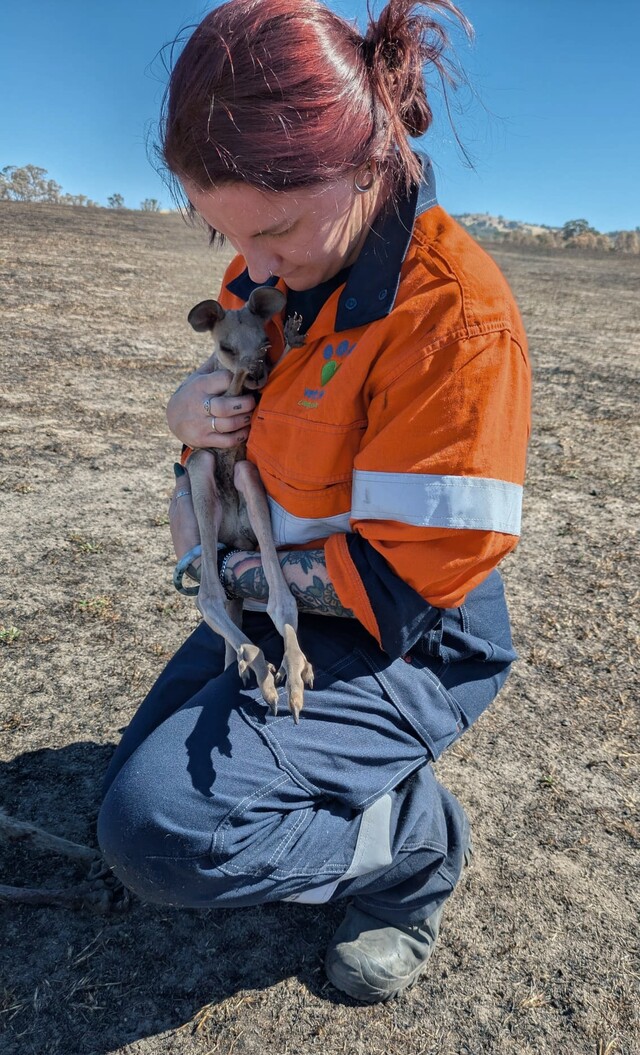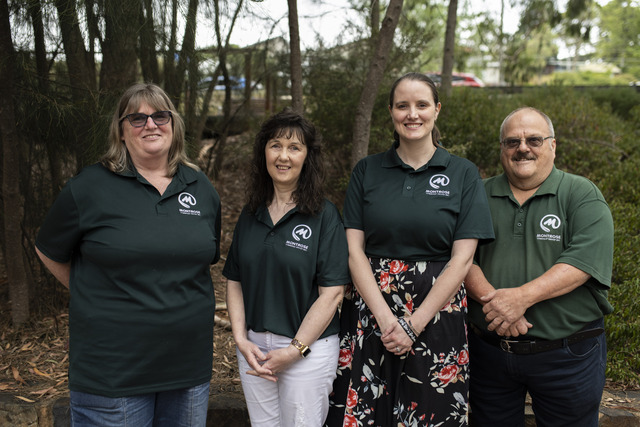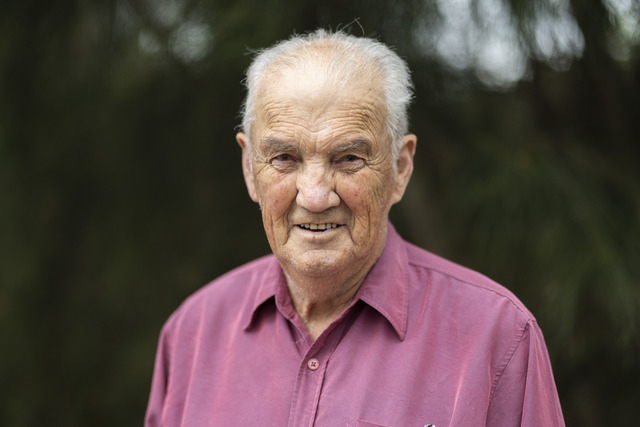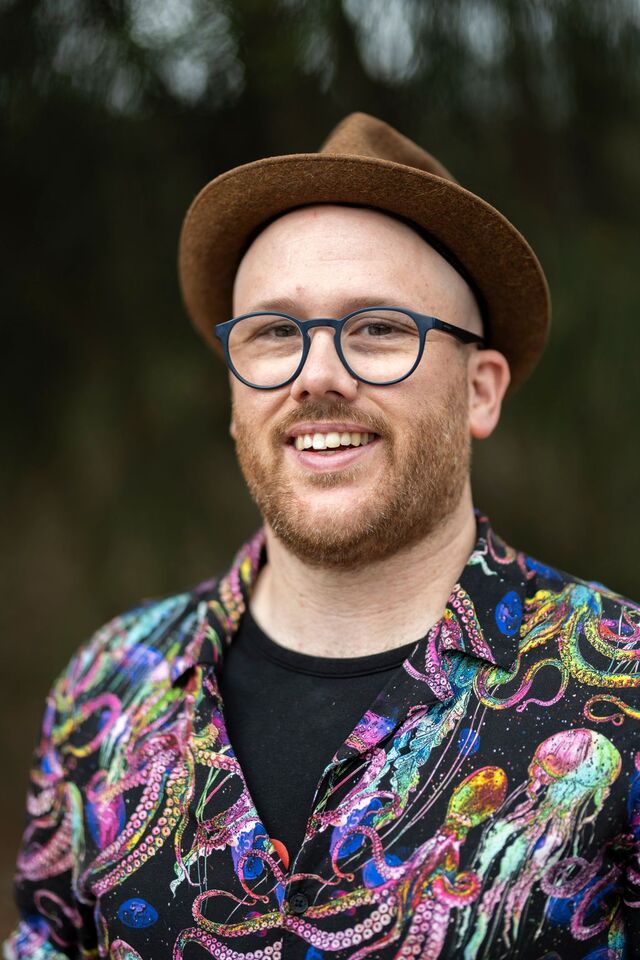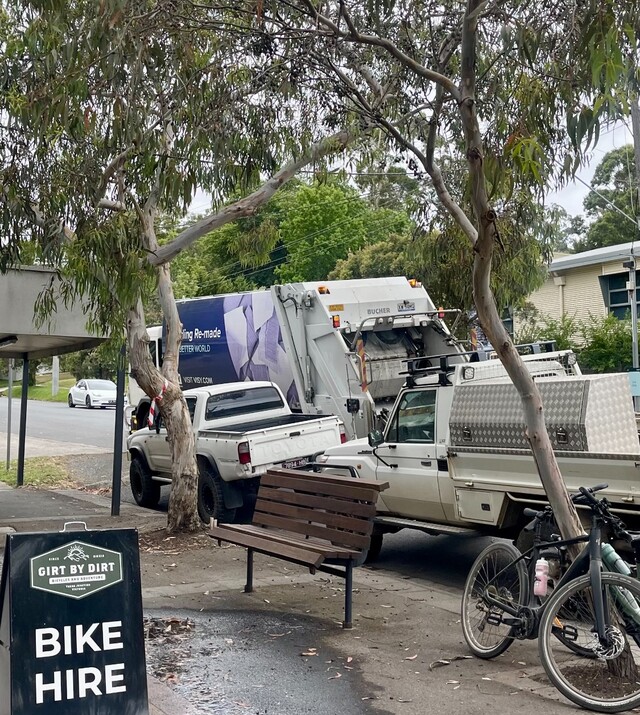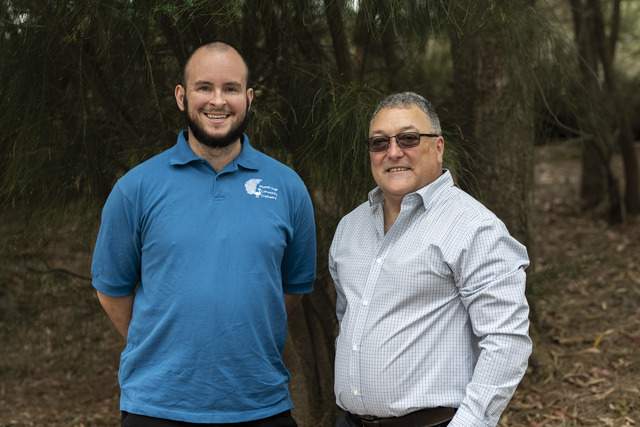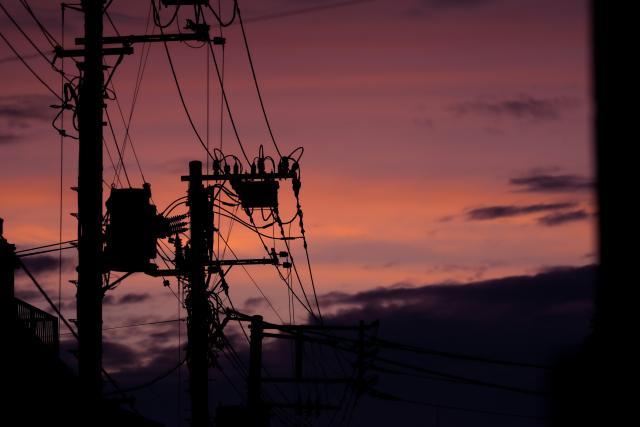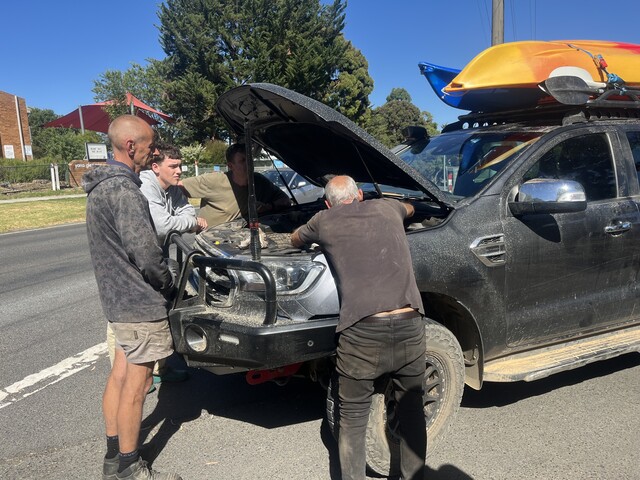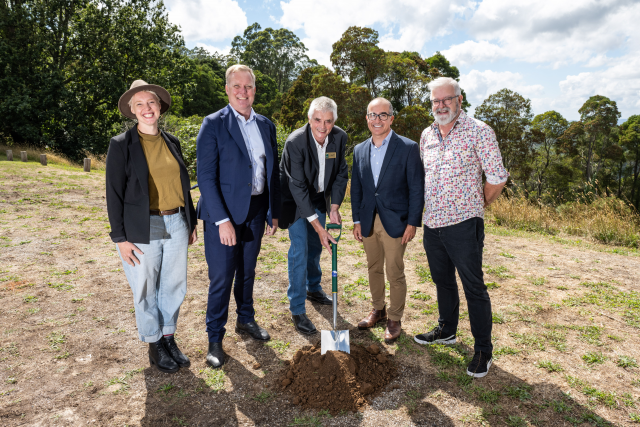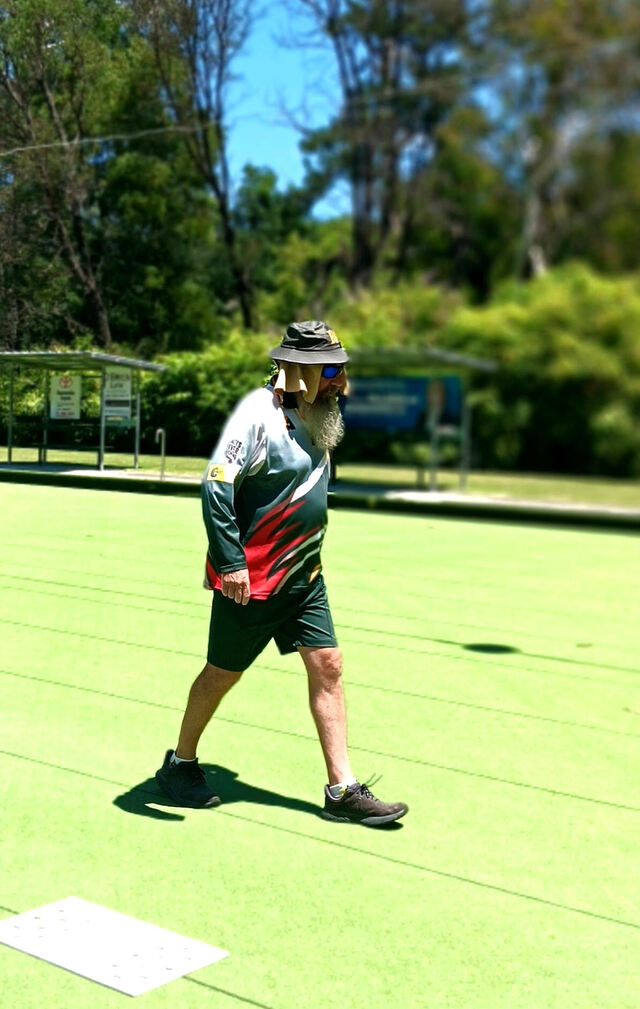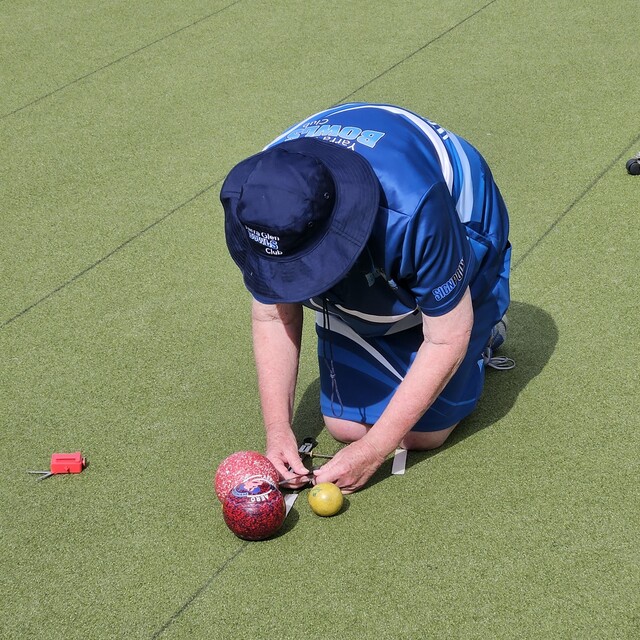With so much happening both here and overseas It is easy to forget that it’s NAIDOC Week, a significant annual event that celebrates and recognises the history, culture, and achievements of Aboriginal and Torres Strait Islander peoples.
The failure of the 2023 Australian Voice referendum was a deep disappointment for Indigenous groups and seen as a reflection on a nation that does not fully understand its own identity.
“Dropbear” – Evelyn Araluen
History is just something we tell ourselves
so we can sleep
through the dreams.
You don’t wake up in this country
without knowing how it was stolen.
With that in mind, NAIDOC Week is not just for Indigenous Australians but has been described as a gift for all of us who want to live in a country that knows itself and its long history deeply, and works towards justice for all.
Its roots go way back to 26 January, 1938 when while Australia celebrated 150 years since British colonisation, Aboriginal leaders held a Day of Mourning in Sydney, protesting the treatment and dispossession of Indigenous Australians.
But it took till 1957 to encourage churches, government, and the public to recognise Aboriginal culture through a National Aborigines Day.
In 1972, the Whitlam Government’s Department of Aboriginal Affairs marked growing government recognition.
And in the same year, NADOC began organizing a week-long celebration to recognise Aboriginal history, culture, and achievements.
Finally in 1991, NADOC became NAIDOC, with the inclusion of Torres Strait Islander peoples in the committee and its mission.
From this point, NAIDOC Week officially celebrates the histories, cultures, and contributions of both Aboriginal and Torres Strait Islander peoples.
And this year, it marks half a century since its beginning.
A Letter to My Daughter” – Kirli Saunders
you come from saltwater women
and men who tracked with the stars
who know the names of every tree
every bird and fire’s spark
you come from those who carried you
before your bones were born
(from Kindred, 2019)
NAIDOC Week 2025 is observed from 6 to 13 July.
The official theme for 2025 is The Next Generation: Strength, Vision and Legacy, focusing on the strength of young Indigenous leaders, the vision of their communities, and the enduring legacy of their ancestors.
NAIDOC offers the wider white Australian community a powerful insight into a future where cultural diversity and justice are seen as national strengths.
Many white Australians have grown up with a version of our history that omits or glosses over colonisation’s violent impacts.
NAIDOC Week offers space to learn about key figures, resistance movements and survival stories and to confront uncomfortable truths in a constructive way.
It encourages understanding of topics like The Stolen Generations, Land Rights, Sovereignty, cultural practices and connection to Country.
“Intervention Payback” – Ali Cobby Eckermann
the government says
it is saving me
from myself…
but I am the daughter
of a stolen child
and I know what saving means
It is not just a benefit but a necessity for diverse communities to come together in mutual respect.
Then and only then we can live in a peaceful society.
Despite the many areas of indigenous lives that need urgent attention from housing to health to overrepresentation in prisons and deaths in custody, there are also many examples of those who have made huge contributions in all areas of life in the past and continue to do so in areas as diverse as academia, politics, the arts and entrepreneurship.
For many years the cause of indigenous Australians was championed by people like Marcia Langton, Noel Pearson, Pat Dodson, Megan Davies, Stan Grant and Thomas Mayo.
But Australia has also a dynamic new generation of Aboriginal and Torres Strait Islanders who are shaping the future across diverse fields including politics, all aspects of culture from preservation to new works, to social justice and community development.
Some you may not heard of such as Jermaine Ostrofski a proud Wulli Wulli man and openly gay leaders from the NT who earned the NT Police officer of the Year Award for courageous service and dedication to public service.
And he is not alone.
Most states now have leadership programs aimed at empowering the next generation with skills and knowledge.
However it is in the arts that there is strong and growing Indigenous presence.
From opera to rap to film, theatre and literature Indigenous Australians are leaving their mark Bangarra Dance Theatre is one of Australia’s leading performing companies, renowned for its powerful fusion of contemporary dance and ancient Aboriginal and Torres Strait Islander storytelling.
The company draws on over 65,000 years of culture to create deeply moving works of theatre that blend dance, music, poetry, and design.
From opera to rap.
Opera singer, composer, founder of Short Black Opera, and mentor to First Nations musicians Deborah Cheetham Fraillon composed the first Aboriginal language opera, Eumeralla.
While Baker Boy (Danzal Bakerrapper, dancer and role model for language pride has won an Aria Award.
Actors have not only achieved critical acclaim but have also played key roles in reshaping how Aboriginal stories are told and represented in Australian media and globally.
From David Gulpill whose pioneering work in films such as Walkabout, Storm Boy, Rabbit-Proof Fence, brought him international acclaim to the commanding performances of Aaron Pederson in roles that highlight Indigenous identity and justice to actor, playwright and director Leah Purcell and her award winning performance in The Drover’s Wife.
And there are many more.
And we must not forget those that brought these soul searching films to our screens: Warwick Thornton with films like Samson And Delilah, Rachel Perkins’ Mabo and Bran NUE Dae Similarly in sport.
Olympic gold medallist Cathy Freeman’s unforgettable and pride stirring performance remains an enduring symbol of reconciliation.
Tennis star Ash Barty has been a proud advocate for her Aboriginal heritage and has reflected on the occasions when she experienced racism.
Her 2022 Australian Open victory was particularly significant, as it occurred during NAIDOC Week and was celebrated as a moment of pride for Indigenous Australians.
She is now Tennis Australia’s National Indigenous Tennis Ambassador AFL footballer Adam Goodes and his stand against racism sparked a national conversation while NBA star Torres Strait Islander Patty Mills runs Indigenous Basketball Australia.
By participating in NAIDOC events white Australians can discover the depth and diversity of Aboriginal cultures, move beyond symbolic gestures to engaging meaningfully by listening, attending events and supporting Indigenous artists, voices and businesses.
Rather than just celebrating colonial milestones NAIDOC Week invites all Australians to feel pride in our common future.
Let the last words go to Oodgeroo Noonucall (1920-1993) from her Song of Hope
Now brood no more
On the years behind you
The hope assigned you
Shall the past replace
When a juster justice
Grown wise and stronger
Points the bone no longer
At a darker race.
The Woorilla Poetry Prize is now open, visit woorilla.org.au

